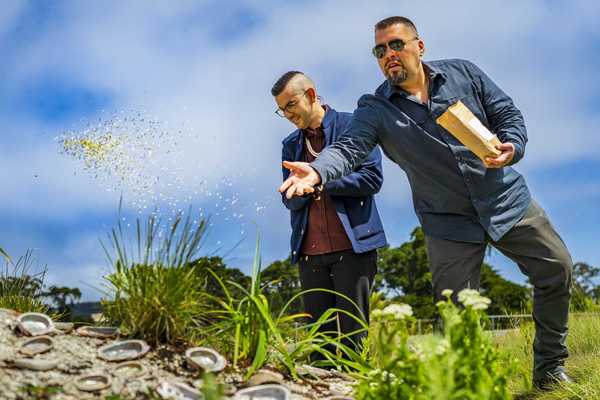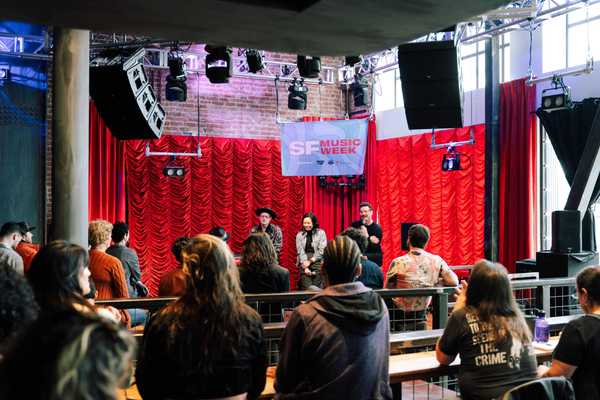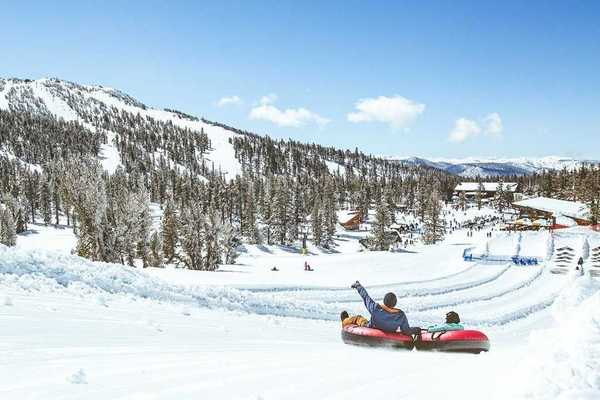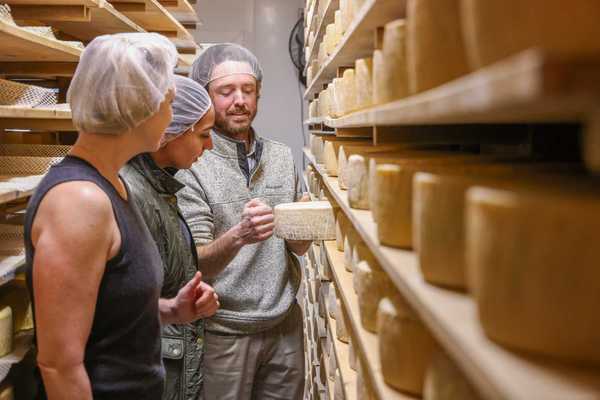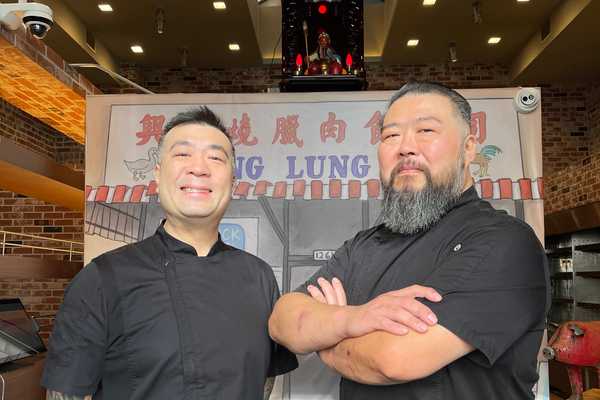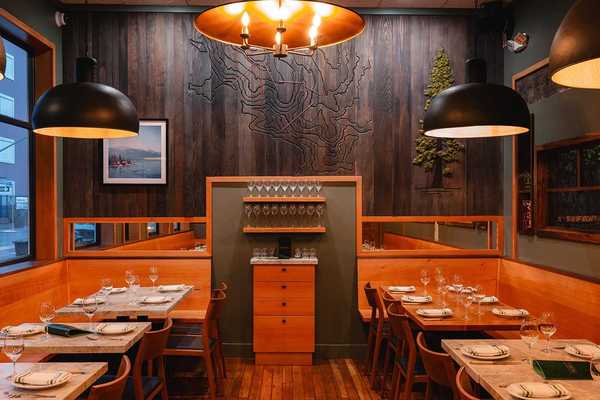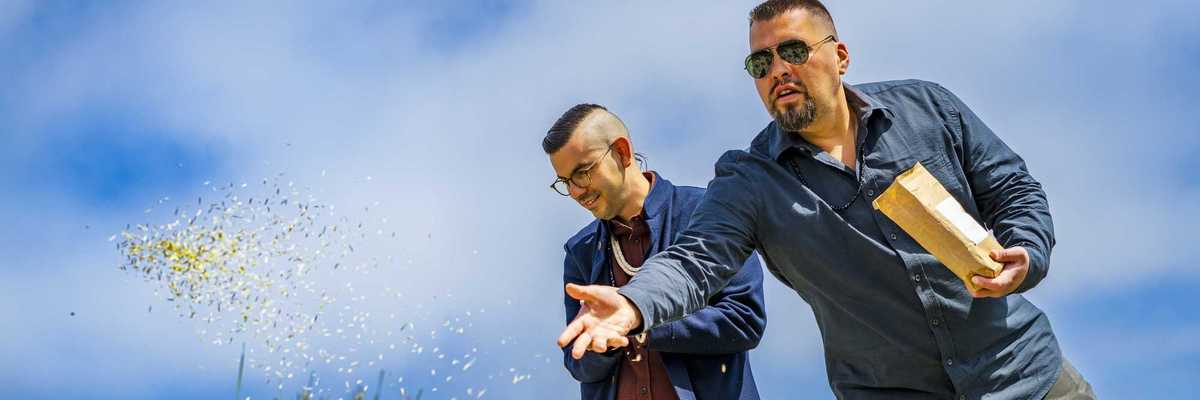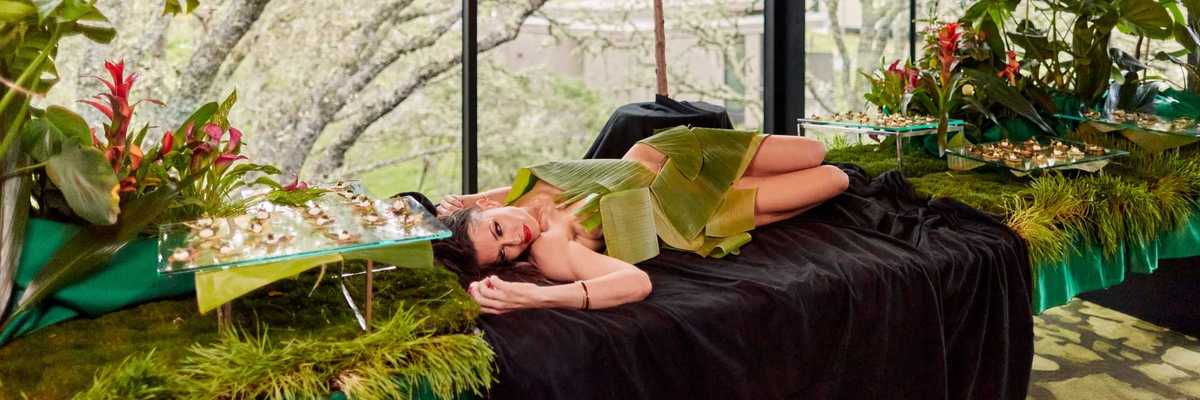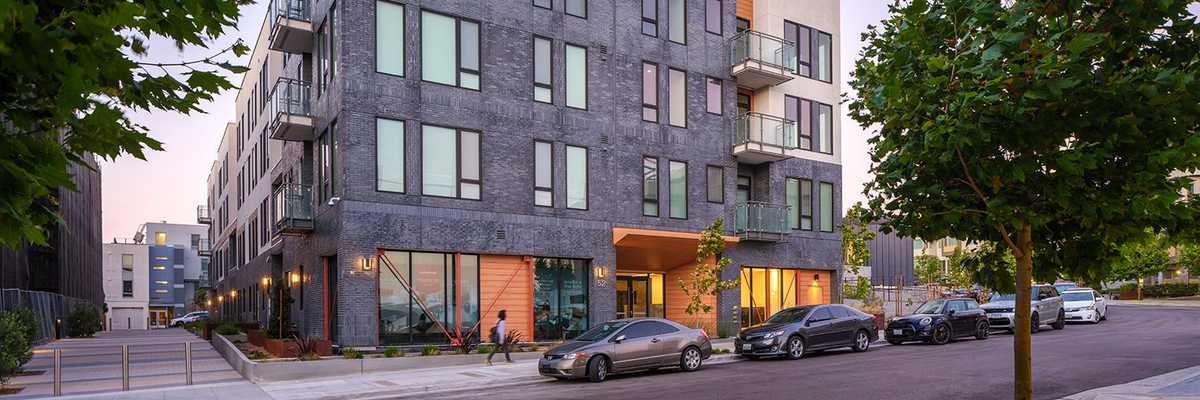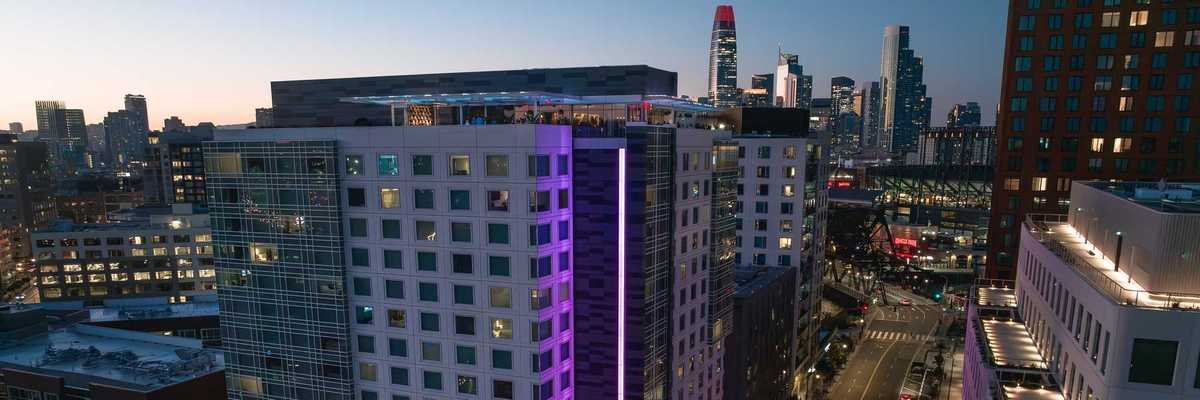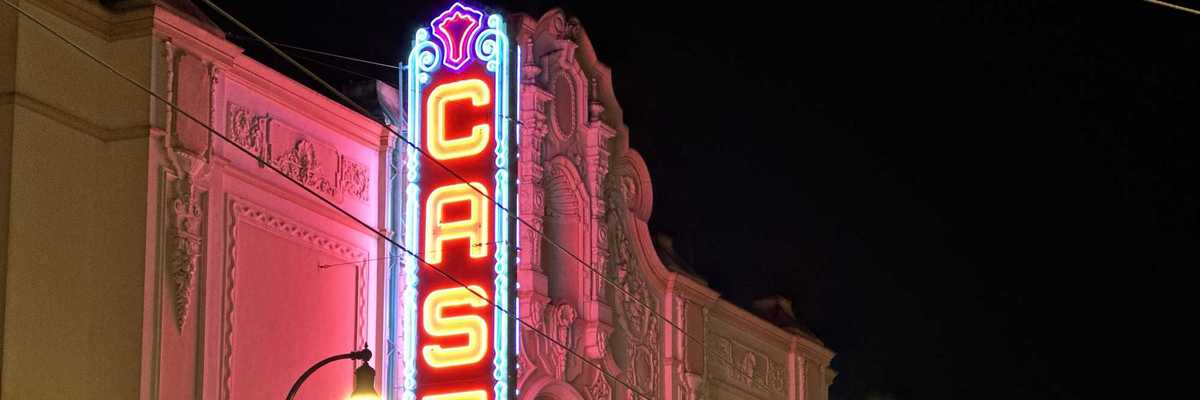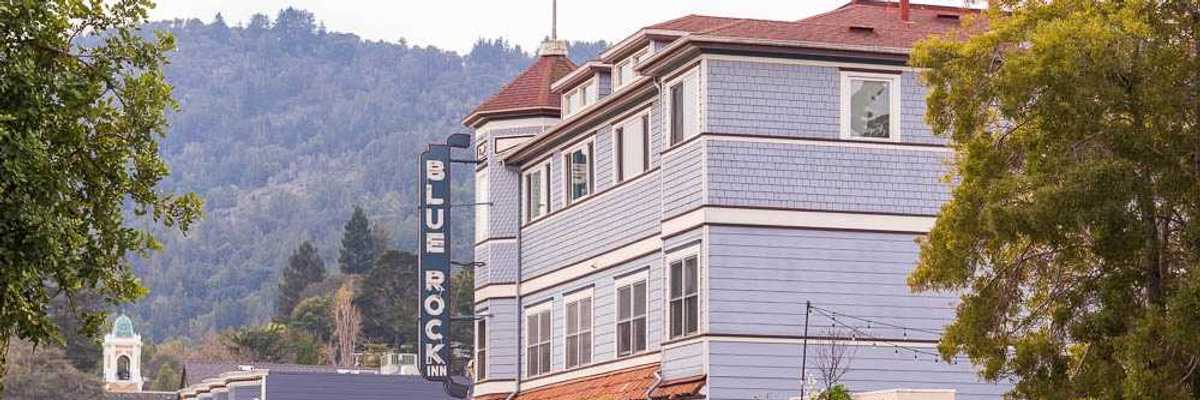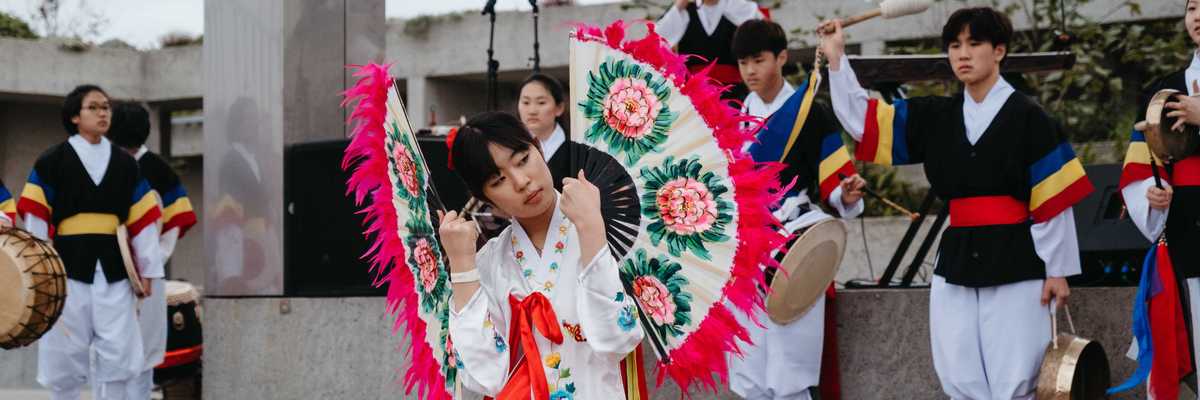When the Fukushima nuclear crisis–now ranked at level 7– banned certain Japanese exports, we all wondered what effect the disaster would have on something San Franciscans love to eat: sushi. Henry Icinose of San Francisco's ABS Seafood Inc., the fish supplier to ICHI Sushi in Bernal Heights, tells 7x7 that most of the fish his company purchases comes from the Fukuoka area of Japan, far south of Fukushima, below Tokyo and Sendai. “To put it into perspective,” he tells us, “the distance from Sendai to Fukuoka is roughly the equivalent of Seattle to San Francisco.” Ichinose also says that the radiation levels in fish are checked every 6 hours in Japan, and that the FDA is closely monitoring imports from Japan, including seafood from areas other than of the Fukushima, Ibaraki, Tochigi and Gunma prefectures.
We also spoke with the Director of the Nuclear Engineering and Radiation Health Physics at Oregon State and an expert in radioecololgical benchmarks, Professor Kathryn Higley. “People need to understand the iodine releases have basically stopped from the plant,” she says. “There might be some runoff, but the hefty discharges stopped over a month ago. Dilution is a pretty phenomenal thing." While she cannot 100-percent guarantee that it’s impossible for Cesium-137 to show up in area wildlife, she does say that it’s unlikely anyone would get a “whopping high dose.” She also emphasizes that toxic organisms and mercury, which are regular risks associated with sushi, are far more of a concern than radiation.
As for the cooling water dumped into the ocean, Higley assures us it’s not a concern either. And while to some it may seem like an irresponsible decision, Higley says, “The doses generated are very low, so while it's not the most desirable solution to dump that water into the ocean, considering the situation they were dealing with, it was the best choice.” She also notes that problems would occur only if people in the area ate and continued to eat contaminated fish, but that is unlikely to be a problem. While she hasn’t seen good data, she assumes that due to the tsunami, “the fisheries in that area are trashed.”
So, if you were having second thoughts about eating Japanese-sourced fish because of radiation concerns, rest assured. In addition to FDA and Japanese government checks, Higley points out that there are a ton of eyes on the situation right now, including several environmental organizations like Greenpeace, so any attempt to gloss the dangers by either government will fail. And in many ways, the upside of this disaster is a greater insistence on government transparency. She says, “The hard lesson here is really transparency and getting this information out so that people can trust their various governments.”




